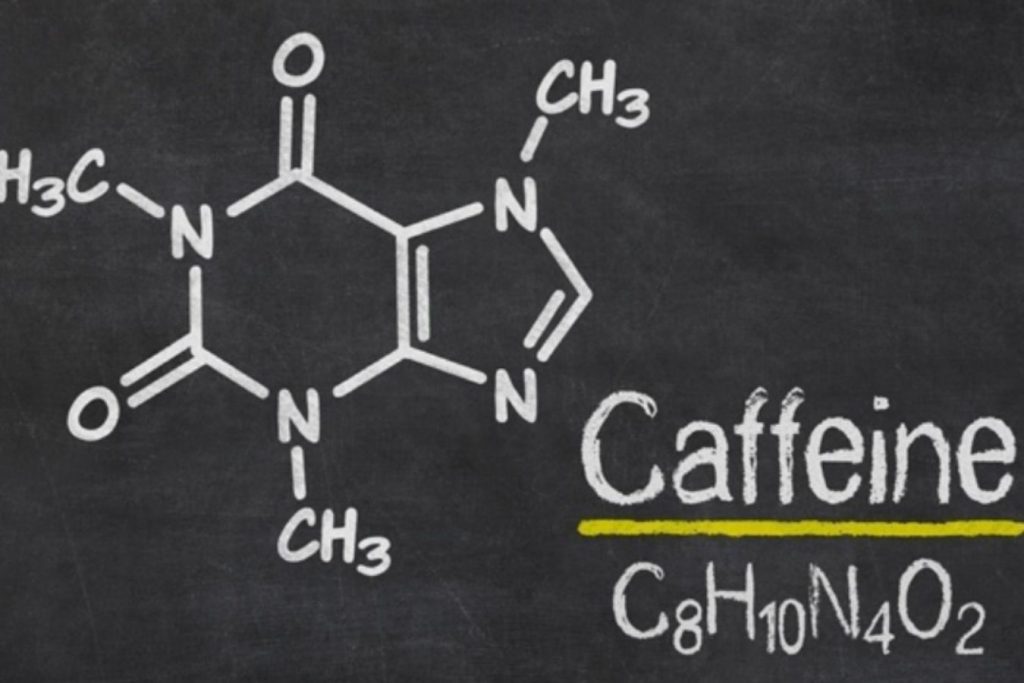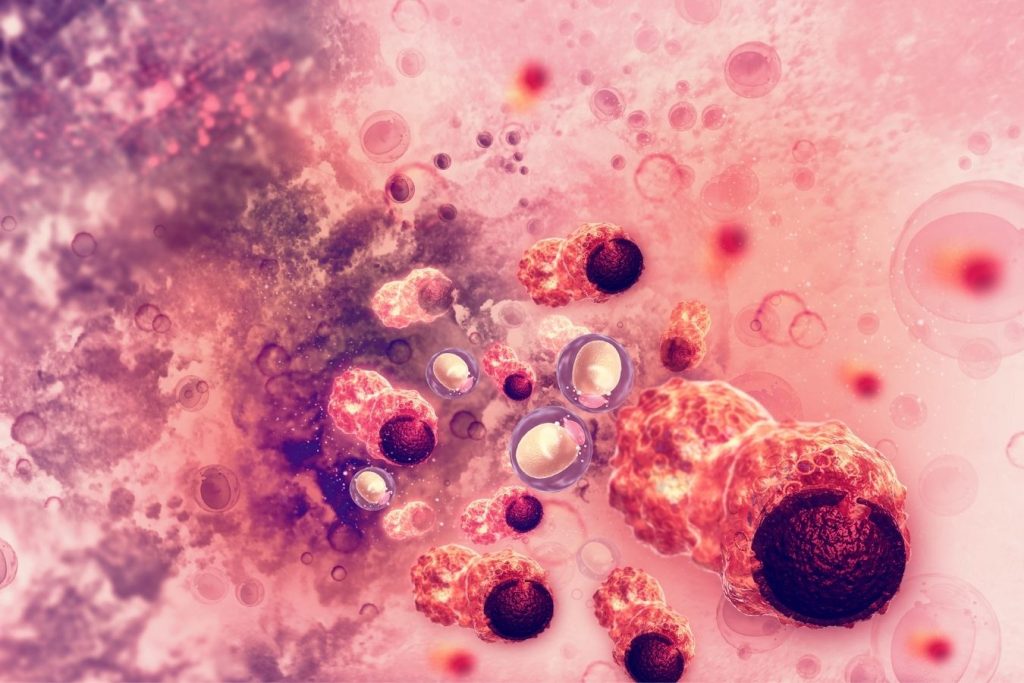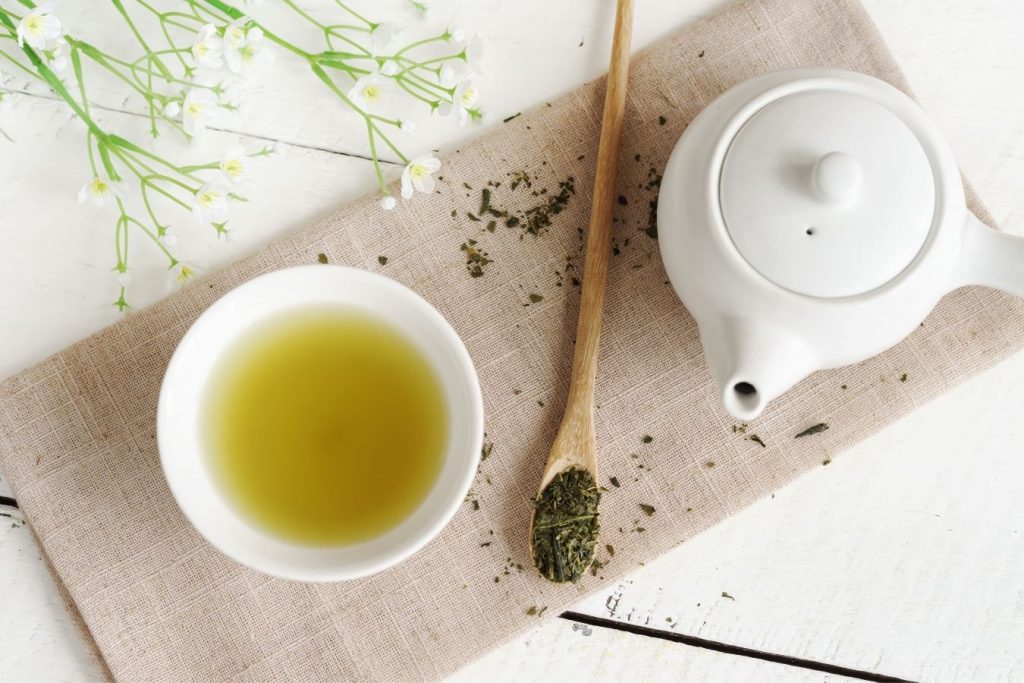
Coffee Vs Tea: Which Is Better For Health? Coffee and tea are among the world’s most popular beverages, with black tea being the most used, accounting for 78% of total tea consumption. While coffee and tea are both said to provide some health benefits, some differences are highlighted in the comparison below.
1. Caffeine content
Research shows that caffeine is the most consumed stimulant in the world. This substance, present in many popular beverages, including coffee and tea, is known for its beneficial and harmful effects on human health.
While caffeine content can vary depending on brewing time, serving size, or brewing method, coffee typically contains twice as much caffeine as a similar tea serving.
The amount of caffeine considered safe for human consumption is 400 mg per day. A 240 ml cup of coffee contains an average of 95 mg of caffeine, compared with 47 mg in the same serving of black tea.
Although scientists have mainly focused on coffee when studying the positive effects of caffeine, both drinks may offer relatively similar health benefits despite containing different amounts of the substance. Together.
Consuming caffeine can reduce the risk of several chronic diseases, improve mood, and help mental clarity. Caffeine is a powerful stimulant for the central nervous system, so this compound is considered a performance enhancer in sports. A review of 40 studies determined that caffeine improves endurance by 12%.

Caffeine is also known for improving mental alertness, thereby increasing performance at work. A study of 48 people given a beverage containing 75 to 150 mg of caffeine showed improvements in reaction speed, memory capacity, and information processing compared with a control group.
Other studies indicate that caffeine may reduce the risk of type 2 diabetes by improving insulin sensitivity in the body. A review of 9 studies in 193,473 people found that regular coffee consumption significantly reduced the risk of type 2 diabetes.
Furthermore, consuming a moderate amount of caffeine has been shown to protect against dementia, Alzheimer’s disease, metabolic syndrome, and fatty liver disease.
2. Antioxidants
Antioxidants protect against free radical damage, which can help prevent the development of certain chronic diseases.
Both tea and coffee contain antioxidants, mainly polyphenols, which contribute to their distinctive flavor and health promotion. The main ones in black tea are the many polyphenol groups in tea and coffee, such as Theaflavins, thearubigins, and catechins. In contrast, coffee is rich in flavonoids and chlorogenic acid (CGA).
A recent test-tube study found that theaflavins and thearubigins could inhibit the growth of lung and colon cancer cells and then kill them. Studies on leukemia cells showed similar results, suggesting that black tea has anti-cancer properties.
On the other hand, test-tube studies of coffee’s anti-cancer properties have found that its CGA content acts as a potent inhibitor of cancer cell growth, mainly gastrointestinal and liver cancers.
Lng-term studies in humans have also shown the effects of coffee and tea on protection against other types of cancer, such as breast, colon, bladder, and rectal cancers.

In addition to their antioxidant activities, polyphenols have been linked to reduced rates of heart disease,supporting heart health through a protective vascular mechanism, including:
- Blood vessel dilation. This compound promotes relaxation of blood vessels, improving high blood pressure.
- Anti-angiogenic – the process that prevents the formation of new blood vessels that can feed cancer cells.
- Anti-atherosclerotic. PIt preveplaque formation in blood vessels, reducing the risk of heart attack and stroke.
A 10-year study in 74,961 healthy people determined that drinking 4 cups, or 960 ml or more, of black tea per day, was associated with a 21% lower stroke risk than those who did not. do not drink
Another 10-year study in 34,670 healthy women found that drinking 5 cups of coffee or 1.2 liters or more per day reduced the risk of stroke by 23%, compared with those who didn’t.

